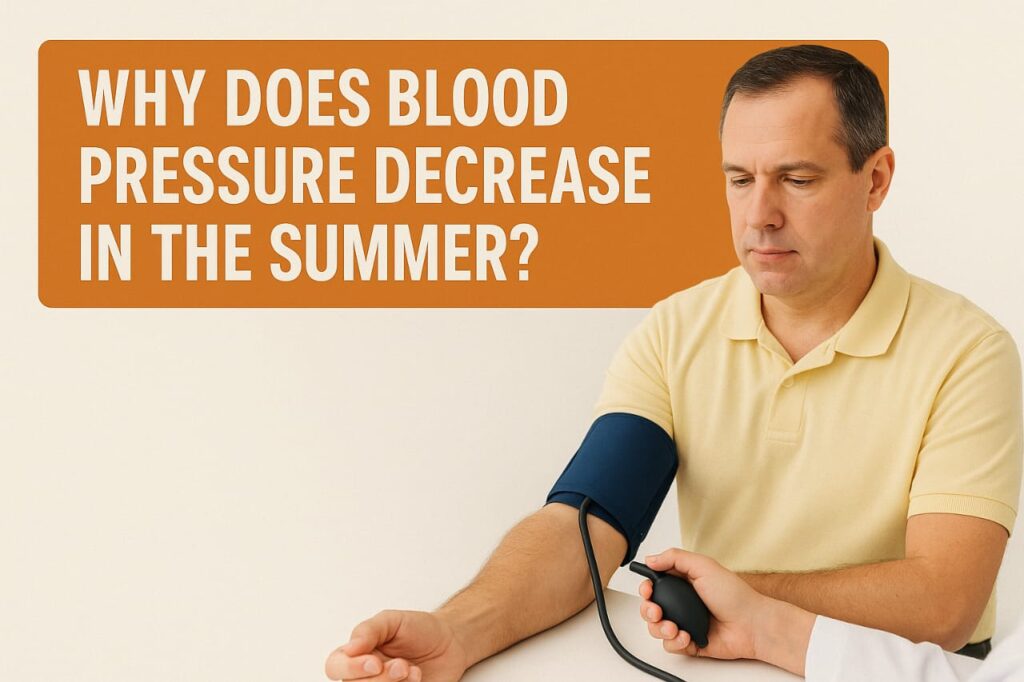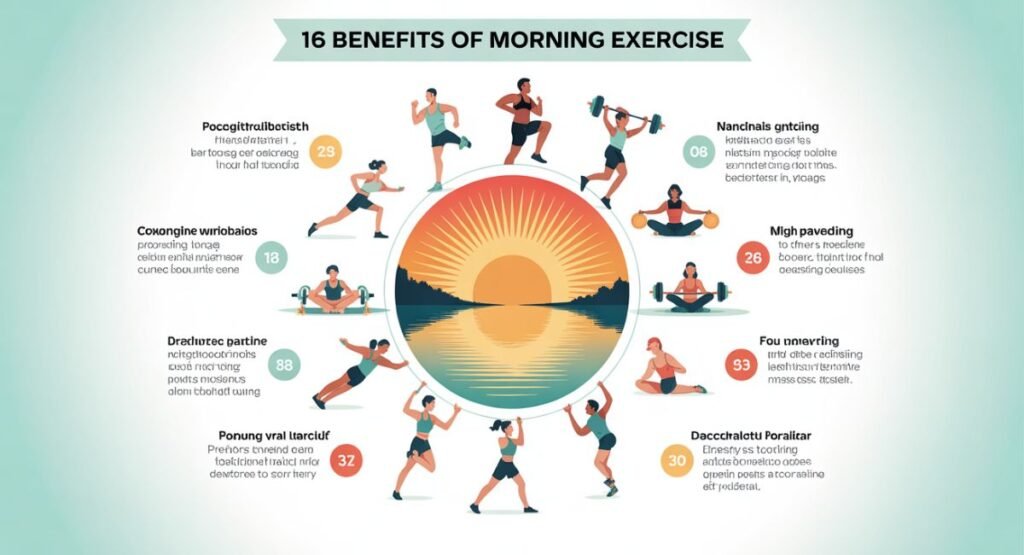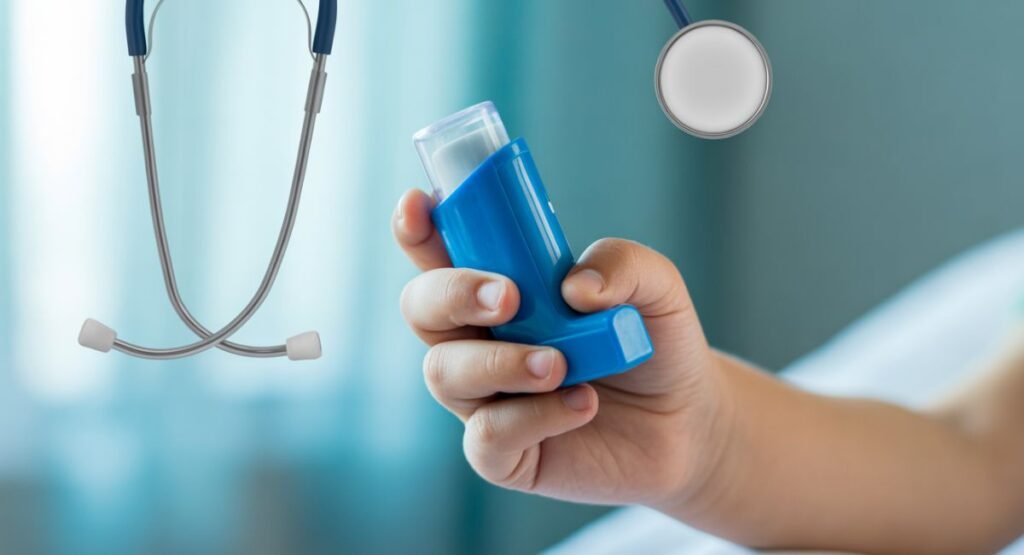Introduction
Blood pressure is an important system of the human body that plays a fundamental role in blood circulation and the supply of oxygen and nutrients to different parts of the body. As the weather changes, especially during summer, significant changes occur in the functions of the body. One of the most significant changes is a decrease in blood pressure. Many people feel lethargic, dizzy, and weak during the summer season, which are often associated with low blood pressure. In this article, we will take a detailed look at why blood pressure drops in summer, what its medical and physical causes are, what effects it can have, and what precautions can be taken to prevent it.

What is blood pressure?
Blood pressure is the pressure generated by the heart as it pumps blood into the arteries, which consists of two parts:
Systolic pressure: When the heart contracts and pushes blood.
Diastolic pressure is the amount of blood flowing into the heart at rest.
Millimeters of mercury, or mmHg, are used to measure blood pressure. When blood pressure falls below 90/60 mmHg, it is referred to as “low blood pressure” or hypotension. Normal blood pressure is around 120/80 mmHg.
Reasons for low blood pressure in summer
Vasodilation
During the heat, the body dilates blood vessels to keep itself cool. This process, called vasodilation, brings blood closer to the surface of the skin so that heat can escape. This dilation reduces the pressure in the arteries, which lowers blood pressure. Vasodilation is your body’s cooling trick. Blood vessels near the skin widen, letting excess heat escape. But wider vessels mean blood flows more freely, and pressure against vessel walls decreases. This explains why blood pressure drops in hot weather. For people with naturally low readings, the effect can be more dramatic.

Different Age Groups, Different Effects
Not everyone experiences the same symptoms.
- Young adults may only feel a bit dizzy.
- Older adults often suffer more because aging vessels are less elastic.
- Heart patients face higher risks, as their circulation is already under strain.
Clearly, the same summer heat can affect people differently depending on age and health status.
Dehydration
In summer, sweating increases, which causes the body to lose more water and salts. When the amount of water in the body decreases, the blood volume also decreases, which can result in a drop in blood pressure.
Summer heat often leads to dehydration, which quietly lowers blood volume. Less fluid in circulation means the heart pumps less forcefully, dropping blood pressure further. Even mild dehydration causes fatigue, dizziness, and headaches. That’s why experts emphasize drinking water, coconut water, or electrolyte drinks during summer.
Electrolyte Deficiency
Along with water, the body also loses electrolytes such as sodium, potassium, magnesium, and calcium. These components control the heart rate and the narrowing or dilation of arteries. Their deficiency can further lower blood pressure.
Effect of medications
Patients with high blood pressure who use medications such as beta blockers or diuretics are more likely to lose water and salts in their bodies, especially in the heat. These medications can be more effective in the summer and can lower blood pressure abnormally.
Change in physical activity
Due to the intensity of the heat, many people limit or reduce their physical activity, which can affect blood circulation. A sedentary lifestyle can help keep blood pressure low.
Heat exhaustion and heatstroke
Extreme heat can lead to illnesses such as heat exhaustion or heat stroke, in which the body’s temperature system is severely affected and blood pressure can drop very low.
Symptoms
The following symptoms may commonly appear in the event of low blood pressure in the summer:
Dizziness or feeling light-headed
Blurred vision
Difficulty breathing
Fatigue or lethargy
Tension in the chest or rapid or uneven heartbeat
Nausea or vomiting
Cold hands or feet
Fainting (in severe cases)
Common Symptoms of Summer Hypotension
When blood pressure drops in summer, symptoms often include:
- Dizziness or lightheadedness
- Blurred vision
- Nausea
- Cold, clammy skin
- Fatigue or fainting
If ignored, these signs may escalate into heat exhaustion or dehydration shock.
Potential risks of low blood pressure
Although low blood pressure is not harmful for some people, if it is severe or the symptoms are severe, it can cause the following problems:
Insufficient blood supply to the brain, which can cause mental fog, weakness, or fainting.
Risk of heart attack or stroke: if the heart and brain do not get enough blood.
Risk of accidents: Increased chance of falling due to dizziness or fainting.
Heat stroke: Low blood pressure reduces the body’s ability to control temperature.
Precautions
Consumption of water and electrolytes
It is important to drink 8 to 12 glasses of water daily.
A balanced amount of salt and other electrolytes should be taken, especially when sweating profusely.
Using a solution such as salt water or ORS can be helpful.
Lifestyle Tips to Prevent Sudden Drops
You can protect yourself with small daily habits:
- Stay hydrated with water or electrolytes.
- Eat light meals full of fruits and vegetables.
- Avoid sudden standing to reduce dizziness.
- Wear breathable clothes to release body heat.
- Limit alcohol and caffeine, since both deplete fluids.
These steps help maintain healthy blood circulation in hot weather.
Proper diet
Consume foods that contain sodium, potassium,, and magnesium,, such as bananas, coconut water, yogurt, dried fruits, etc.
Best Foods to Support Healthy Pressure in Summer
Food plays a key role in keeping blood pressure stable. Add these to your summer diet:
- Bananas—packed with potassium to balance fluids.
- Citrus fruits hydrate and supply natural electrolytes.
- Leafy greens—improve vascular health.
- Nuts & seeds—rich in magnesium for circulation.
- Whole grains stabilize energy and prevent weakness.
Eating wisely helps prevent heat-induced hypotension.

Proper clothing
Wear light, loose cotton clothes so that body heat can be easily released.
Sun protection
Avoid spending too much time in the hot sun.
Avoid going out during the hottest hours of the day (11 am to 4 pm).
Medication Review
If you are prescribed blood pressure or heart disease medications, consult your doctor for a change in dosage or timing during the summer.
Balance physical activity
Do light exercise early in the morning or in the evening to keep the body active and improve blood circulation.
Move slowly
Get up slowly after lying down or sitting to avoid dizziness.
Seasonal Blood Pressure Differences
Scientists note that blood pressure rises in winter and falls in summer. The body reacts to cold with vasoconstriction (narrowing of blood vessels), which raises pressure. In contrast, summer heat causes vasodilation, lowering pressure.
| Season | Effect | Main Cause |
|---|---|---|
| Summer | Lower BP | Vasodilation & dehydration |
| Winter | Higher BP | Vasoconstriction & reduced sweating |
Conclusion
Low blood pressure in summer is a common but important medical problem, which requires immediate attention. Although it is often temporary and can be controlled with proper precautions, it is important to seek medical advice if the symptoms are severe. Adequate water intake, a balanced diet, a healthy lifestyle, and careful use of medications can help keep blood pressure under control during the summer season. Ignoring the effects of the weather can be dangerous to health, so it is wise to make precautions a part of your daily life.




Pingback: The Importance Of Health Values Among Health Care Providers
Thanks for sharing. I read many of your blog posts, cool, your blog is very good.